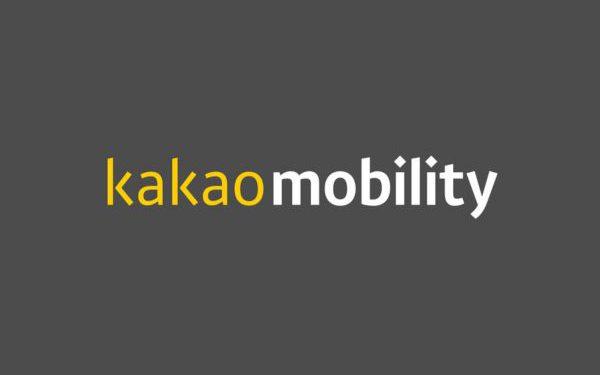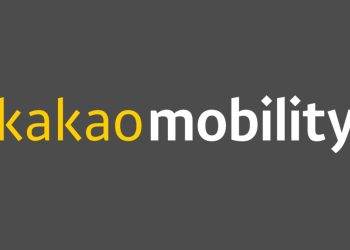South Korea’s Fair Trade Commission (KFTC) has levied a $10.5 million (KRW 15.1 billion) fine on Kakao Mobility, the ride-hailing arm of Kakao, for unfair business conduct. The fine follows an investigation that revealed the company had limited competitors’ access to its taxi-hailing platform, creating an unfair market disadvantage.
This revised fine represents a reduction from the initially proposed $50.3 million (KRW 72.4 billion). The KFTC adjusted the penalty after determining that the earlier amount was based on an overestimated calculation of Kakao Mobility’s operating profits.
In addition to the antitrust fine, Kakao Mobility is also under scrutiny for potential financial misconduct. In November, South Korea’s Financial Services Commission (FSC) fined the company $2.47 million (KRW 3.4 billion) over suspected accounting fraud and referred the case to prosecutors for further investigation. This adds to the growing list of regulatory challenges facing Kakao Mobility as it continues to dominate the ride-hailing sector.
Kakao Mobility operates its taxi-hailing services primarily through the Kakao T app, which combines general ride-hailing services and its specialized franchise-based service, Kakao T Blue.
While general taxis are accessible to all drivers, franchise taxis, such as those from Uber and TADA, use the platform to offer differentiated services, such as better vehicle quality or faster pickup times. Despite its open platform, Kakao Mobility has faced allegations of limiting competitors’ access. It allegedly manipulated the platform’s algorithm to prioritize franchise taxis over non-franchise taxis, even when the latter were closer to potential passengers.
The Korea Fair Trade Commission (KFTC) has raised concerns that Kakao Mobility’s practices have hindered fair competition within the ride-hailing market. As of 2022, Kakao Mobility held an overwhelming 96% share of the market, significantly outpacing competitors. With 13.2 million monthly active users (MAUs) on the Kakao T app, the company’s dominance far exceeds that of rivals like Uber, which has just 700,000 MAUs, and TADA, with only 6,400.
The KFTC claims that Kakao Mobility’s actions, including demanding operational data from competitors or blocking their access to the Kakao T platform, have reinforced its market control and stifled competition.
Kakao Mobility’s market dominance and the alleged unfair practices have drawn significant attention from regulators. In its October report, the KFTC stated that Kakao Mobility’s demands for fees or data sharing from competitors like Banban, Macaron Taxi, TADA, and Uber Taxi led to unequal treatment of drivers, with franchise drivers benefiting from platform access while non-franchise drivers were excluded. The partnerships formed with certain competitors, such as Banban and Macaron Taxi, have helped Kakao Mobility increase its market share from 51% in 2020 to 79% in 2022, further cementing its position as the dominant player in South Korea’s ride-hailing industry.
Kakao Mobility has expressed its support for South Korea’s efforts to promote fair competition in the platform industry. The company stated that it would pursue administrative litigation to prove that no legal violations occurred, despite the recent fine imposed by the Korea Fair Trade Commission. While the company maintains its stance, it faces ongoing challenges as it works to navigate regulatory scrutiny in the competitive ride-hailing market.
In addition to the antitrust fine, Kakao Mobility is also grappling with financial concerns. In November, the Financial Services Commission (FSC) fined the company $2.47 million (KRW 3.4 billion) over suspected accounting fraud, and the case has been referred to prosecutors for further investigation. Meanwhile, Kakao’s broader business is facing mixed results. While the company reported improved operating profits in the third quarter of 2024, the growth came without a rise in sales. Moreover, Kakao’s new AI service, Kanana, which is set for a closed beta launch next year, has received lukewarm market feedback, attributed to its limited data capabilities.







